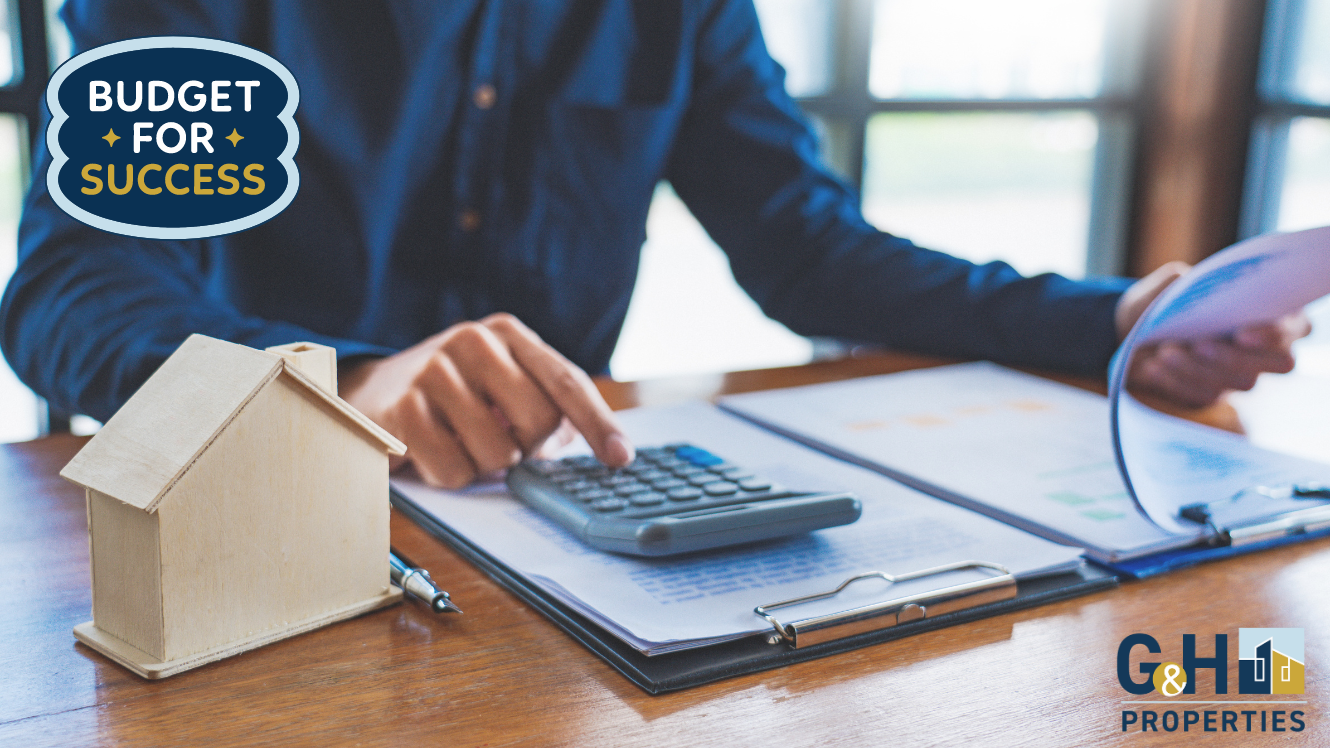
Congratulations on taking the significant step towards independence—renting your first apartment! While the prospect is exciting, it also comes with financial responsibilities that you shouldn’t overlook. Budgeting for an apartment isn’t just about being able to pay the rent; it also involves considering other expenses that come with living on your own. In this blog, we will provide you with a comprehensive guide on how to budget for your first apartment, so you can focus on enjoying your newfound freedom.
Step 1: Determine Your Income
The first step in budgeting is understanding your monthly income. This includes your salary and any freelance gigs, part-time jobs, or financial support you may receive. Make sure to consider your income AFTER tax to get an accurate picture.
Step 2: Calculate Fixed Expenses
Next, outline your fixed expenses. These will include:
- Rent: This will likely be your largest monthly expense. As a general rule, your rent should not exceed 30% of your monthly income.
- Utilities: These might include electricity, water, gas, and internet. Some apartments may include certain utilities in the rent.
- Insurance: Renters’ insurance is often overlooked but is crucial for protecting your personal belongings.
Step 3: Account for Variable Expenses
Variable expenses can change from month to month and include:
- Groceries: The cost can vary, but it’s obviously a necessary expense.
- Transportation: Whether you own a car or use public transportation, a monthly cost will be involved.
- Entertainment: It’s okay to budget for some fun, but be mindful of how much you’re spending.
Step 4: Plan for One-Time Expenses
Moving into a new apartment often comes with one-time expenses like:
- Security Deposit: Typically equivalent to one month’s rent.
- Furniture: You’ll need basic furniture like a bed, sofa, and dining table.
- Moving Costs: This could include hiring movers or a rental truck.
Step 5: Create a Monthly Budget
Now that you’ve listed all your expenses, create a monthly budget. Deduct your fixed and variable expenses from your monthly income to determine how much you can save. Remember that it’s always good to have an emergency fund for unexpected situations.
Step 6: Use Budgeting Tools
To keep track of your spending, consider using budgeting tools or apps. These platforms allow you to categorize your spending and send alerts when you’re close to your budget limit.
Step 7: Review and Adjust
Life is unpredictable, and your first budget will likely need some tweaking as you go along. Always review your budget at the end of the month and adjust as necessary.
Budgeting for your first apartment may seem daunting, but it’s crucial for financial stability AND peace of mind. At G&H Properties, we are committed to making your renting experience as seamless as possible, and that starts with helping you prepare for the financial aspect of it. If you have any more questions or need assistance finding an apartment that fits your budget, feel free to contact us.
Remember, a well-thought-out budget is the first step toward a successful and stress-free life in your new apartment!

